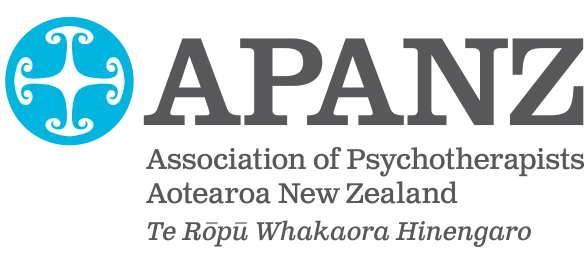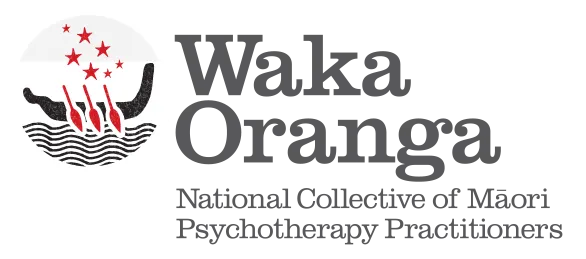It is with a sense of gratitude and admiration that we put forward the name of Marianne Quinn for the Distinguished Service Award.
This nomination comes from the body of our local branch who have valued Marianne’s immense knowledge, skill, commitment and contribution to NZAP at both local and national level.
As a young clinical psychologist, with political experience having served as Vice-President of Otago University Students Association, Marianne joined Otago University’s Student Health Counselling in 1985 under the leadership of Lewis Lowery. Her work included the development of group programmes and in 1991, together with a colleague, courageously launched a therapy group for those with eating disorders. This ran for 11 years. Marianne’s wisdom and leadership were recognised in 1994 when she became Counsellor-in-Charge. She moved into private practice in 2005. Marianne has been quick to respond to local and national issues around registration, ACC and proposals to cut services in mental health. This political perspective was apparent when she was a member of the founding collective that set up the first women’s refuge in Dunedin.
Marianne’s intellectual curiosity and enthusiasm for effective practice, has seen her complete trainings in Self Psychology, and lately in Imago Therapy. She is a ready participant in both the organisation of and attendance at workshops, seminars, and Conferences, including NZAP Conferences in Dunedin. It is Marianne’s astute mind, capacity for systemic thinking and professional excellence which has for many years stimulated local branch meetings and motivated presentations on topics related to ethical practice.
Marianne became a full member of NZAP in 1992. She has been a longstanding member of the local branch, Regional Panels, and the Regional Supervisors’ Group. She has made an outstanding contribution to both supervision and mentoring new members, and currently acts as a mentor for registered psychotherapists joining our local branch of the association.
Marianne was voted onto Council in 1998 and took the Chair of Admissions from 2000-2005. In this role, she demonstrated an exceptional commitment to ensuring that fairness, collegiality and transparency became indispensable components of the assessment process. She together with the then Moderator travelled the country meeting with panel members, assessors, markers and supervisors’ groups aiming to “dialogue the differences”. The result was a shift within and amongst members and provisional members which allowed the admission process to be held in relationship, alleviating the anxiety and pain previously reported. A sensitive process was developed which at the same time maintained a sufficiently high standard in training and practice.
Before becoming the NZAP Chair of Admissions, Marianne was the Chair of Board of Education, NZ College of Clinical Psychologists, from 1994-97. In this position she was able to persuade the College to make ongoing membership conditional on psychologists being in supervision. This requirement was modelled on what was being proposed by NZAP at the time. Since this time all NZCCP members return a signed statement from their supervisor when renewing their membership each year.

